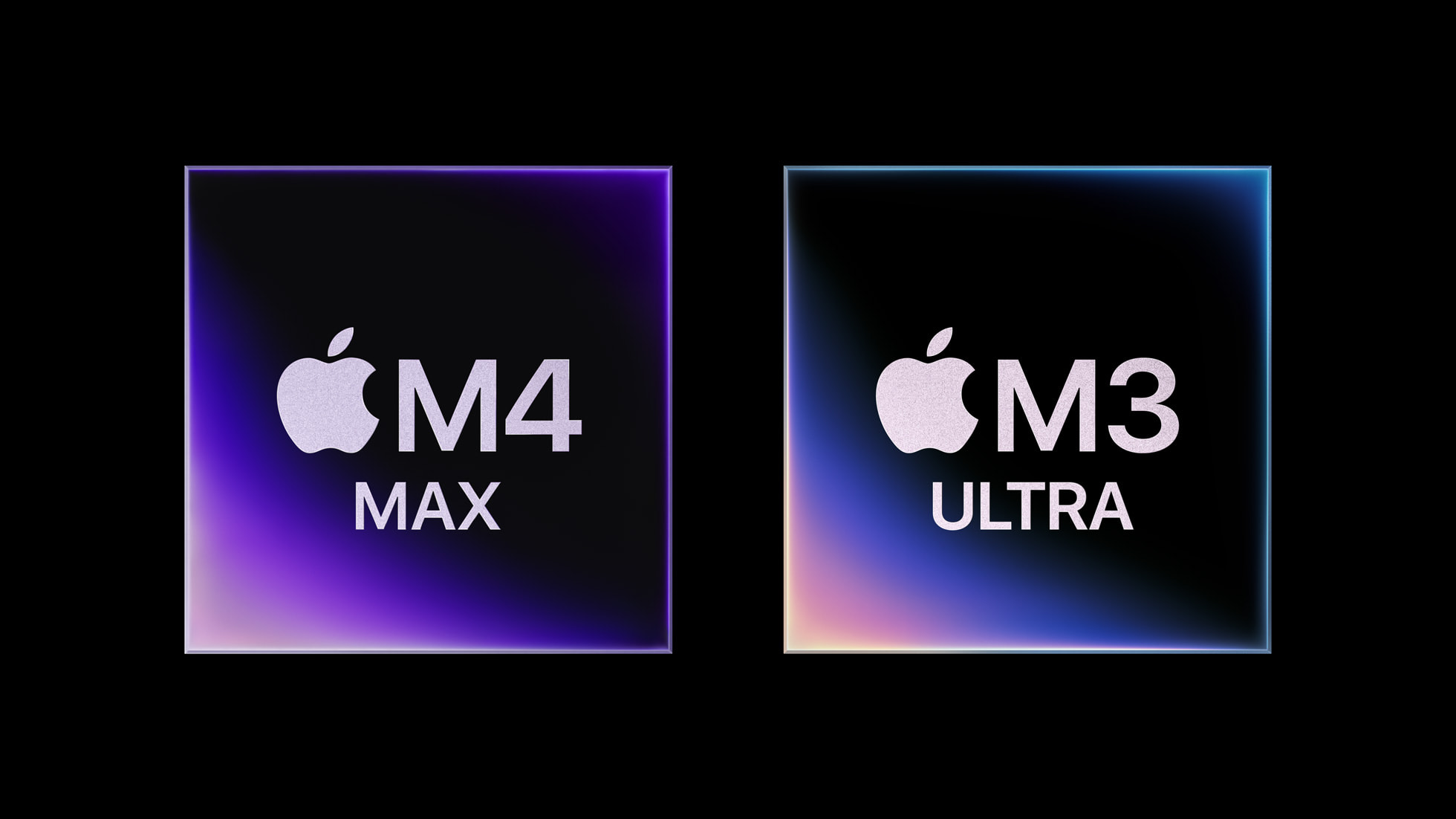The M4 MacBook Air now supports up to 32GB of RAM, an increase from the 24GB maximum available in the previous M3 model.
Apple Introduces New Sky Blue Color for M4 MacBook Air
The latest MacBook Air now comes in sky blue, joining the existing midnight, starlight, and silver options.
Best iPad Air M3 Deals: Lighter on Your Wallet, Just Like the Tablet
Looking for some major savings on the newly launched iPad Air? Here are all the best M3 iPad Air deals available right now.
M4 MacBook Air Supports One More External Displays Than M3 MacBook Air
Unlike previous models, the M4 MacBook Air can now connect to two external displays while keeping the laptop’s lid open.
How to Fix Attention Aware Issues on iPhone 16
Fix Attention Aware issues on your iPhone 16 with these simple steps to ensure optimal screen and notification behavior.
Apple Copies This Feature From Amazon in iOS 18.4 Beta 2
Apple has released iOS 18.4 beta 2, which now has AI-powered review summaries in the App Store.
The M3 iPad Air Is Here, but Is the M4 Worth the Wait?
Yes, the iPad Air M3 is here, but do the new features warrant an upgrade or should you wait for the M4? Here’s everything you need to know.
MacBook Air M4 Colors: Here’s Every Shade You Can Get
If you’d like your MacBook Air to be more lively, the new M4 model might have some colors that interest you
Are Older Models Better Deals Than New iPad Air M3 and iPad 11?
Not amused by the new iPads announced? Neither are we. Here are some models that are better deals than the new 2025 iPad Air M3 and iPad 11.
Mac Studio M4 Max vs M3 Ultra, Which One Is Better? You’ll Be Surprised
Apple has unveiled the new Mac Studio, featuring two powerful configurations: one with the M4 Max chip and another with the new M3 Ultra chip.
Mac Studio with M3 Ultra Is Second M3 Launched By Apple in Two Days
This model starts with 96GB of unified memory and can go up to 512GB, which Apple says is the most in any personal computer.
One of the Two New Mac Studios: M4 Max
Apple’s new Mac Studio with M4 Max is designed for professionals who need to handle intensive workflows. Click to know more.
New Mac Studio Is Here With 2 Different Processors: M3 and M4
Apple has unveiled the new Mac Studio, which it calls the most powerful Mac ever made. Click to know more about it.
New MacBook Air is Out And Starts Just At $999
Apple’s latest MacBook Air features the M4 chip, 18-hour battery life, and a new sky blue color, starting at $999.
5 Reasons Not to Upgrade to the iPad Air M3
In the market for a new iPad? You might want to hold off for now. Here are reasons not to upgrade to the iPad Air M3
iPad Air and iPad Go Green With 100% Recycled Materials and Carbon Neutral Goals
Apple enhances iPad Air & iPad with 100% recycled materials, advancing its 2030 carbon neutrality goal. Learn about Apple’s green updates.
The iPad Air Officially Marks the End of Apple’s 64GB Era
Apple’s new iPad 11 upgrades base storage to 128GB, ending the 64GB era. Learn about the change and other iPad 11 updates.
Apple M4 MacBook Air Launch Expected Today
Reports say Apple’s M4 MacBook Air is coming today, following iPad Air release. Expect design similar to M3.
Apple Launches Spring Color Collection for iPhone Cases and Apple Watch Bands
Apple debuts vibrant spring hues for iPhone 16 cases & Apple Watch bands. Explore new colors & Hermès luxury options.
iPad 11 vs. iPad 10: What’s New, What’s Missing, and Should You Upgrade?
Apple just dropped a new A-series iPad! Is it worth an upgrade? Here’s a comparison review of the 2022 iPad 10 and the 2025 iPad 11 A16.
Apple Pencil Pro and USB-C Models: Price Breakdown and Compatibility with New iPads
Need to know the compatibility and price breakdowns for the Apple Pencil Pro and Apple Pencil USB-C? I got the answers right here.
iOS 18.4 Beta 2 Lacks On-Screen Awareness
Apple’s latest iOS beta doesn’t include on-screen awareness for Siri. Other AI features also absent. More development time likely needed.
iOS 18.4 Beta 2 Arrives Without Siri's Personal Context Feature
Apple’s latest iOS beta lacks anticipated Siri upgrades. Personal context feature now expected in future update, possibly iOS 18.5.
iOS 18.4 Beta 2 Released But In-App Actions Still Missing
Apple’s iOS 18.4 beta 2 brings new features but lacks in-app actions. Update includes emoji, Visual Intelligence, and more.




















